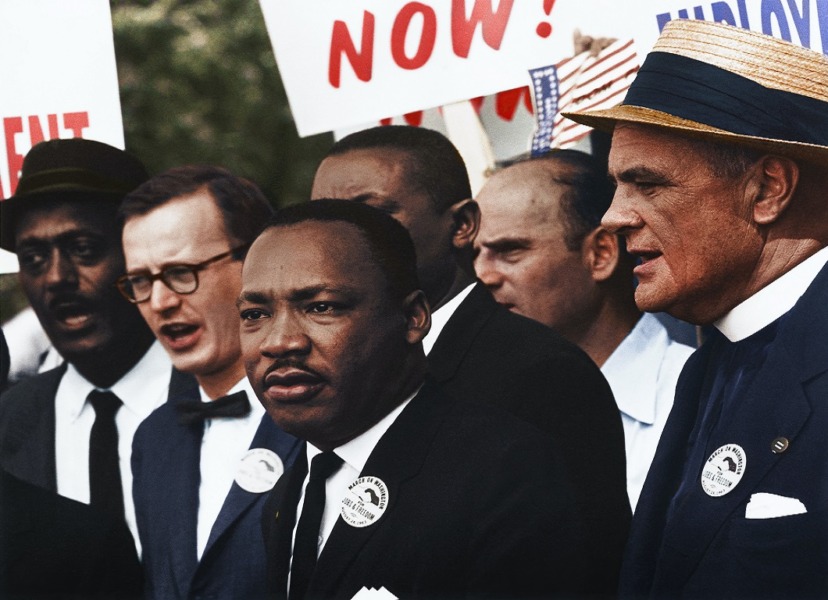60 years have passed since Dr. Martin Luther King Jr. stood on the steps of the Lincoln Memorial and delivered his iconic “I Have a Dream” speech. His words resonated with hope, equality, and the promise of a better future for all Americans. Yet, as we commemorate this milestone, we are compelled to reflect on the state of voting rights in America and question whether the nation has made the progress that his dream envisaged.
Dr. King’s speech on August 28, 1963, called for an end to racial segregation and discrimination, a vision where individuals are judged by their character rather than the color of their skin. He emphasized that every citizen, regardless of their background, should have the right to vote and participate in shaping the nation’s destiny. However, as the years have gone by, the promise of equal voting rights has faced challenges, particularly for marginalized communities, most notably African Americans.
In the decades since that legendary speech, America has experienced moments of progress and regression in terms of voting rights. While landmark legislation like the Voting Rights Act of 1965 aimed to dismantle discriminatory voting practices, recent years have seen concerning developments that undermine the principle of universal suffrage. It is disheartening to witness measures and laws that appear designed to suppress and disenfranchise certain groups, particularly African Americans and other minority communities.
The issue of voter suppression has persisted, manifesting in various forms such as restrictive voter ID laws, reduced early voting periods, and gerrymandering that dilutes the voting power of minority communities. This problem has only been exacerbated by the recent emergence of political figures advocating for regressive voting policies. Notably, presidential candidate Vivek Ramaswamy’s proposal to raise the voting age to 25 and place obstacles in the path of young voters sends a troubling message about the commitment to democratic participation.
Dr. King’s dream of a nation where every individual is judged by the content of their character and not their demographics is clearly at odds with the trend of disenfranchisement we are witnessing. The central notion that all citizens should have an equal right to vote, regardless of their political affiliations, is fundamental to democracy. Yet, the presence of obstacles, intentional barriers, and efforts to manipulate the voting process contradicts this principle.
As we pause to consider what Dr. King might think if he were alive today, it’s safe to assume he would be deeply concerned about the erosion of voting rights. His commitment to nonviolence and justice would likely prompt him to speak out against any attempts to subvert the democratic process, to suppress citizens’ voices out of fear, or to undermine the peaceful transfer of power. He would likely remind us that the struggle for civil rights and voting rights is ongoing, and that the fight must continue.
It is essential that America does not lose sight of the progress that has been made while acknowledging the work that remains. Over the next 60 years, the nation must strive to strengthen voting rights, protect against suppression, and enhance accessibility for all eligible citizens. The responsibility lies not only with those in power but with every citizen who values the principles upon which the nation was founded.
As we remember Dr. King’s dream, let it serve as a reminder that the struggle for equality and justice is ongoing. Let us remain vigilant and committed to preserving the fundamental right to vote, regardless of one’s race, age, or political beliefs. By doing so, we honor the legacy of those who fought for civil rights and pave the way for a future where America lives up to its promise of liberty and justice for all.









